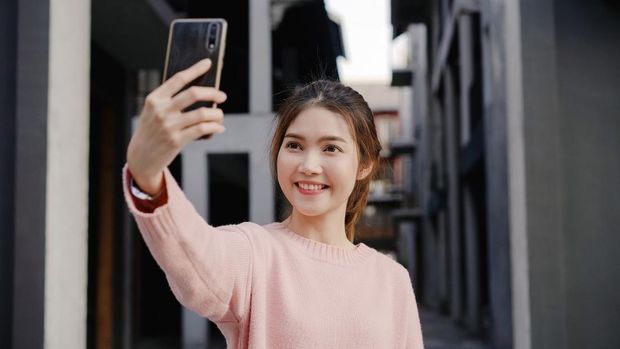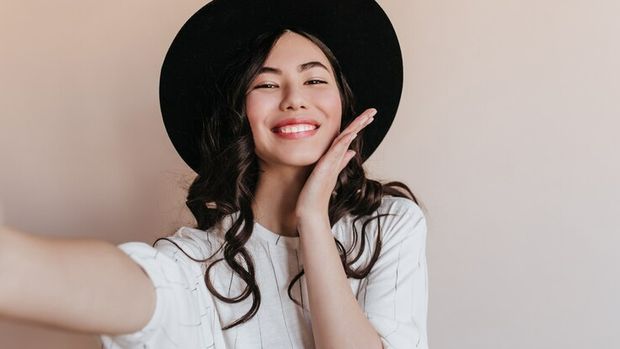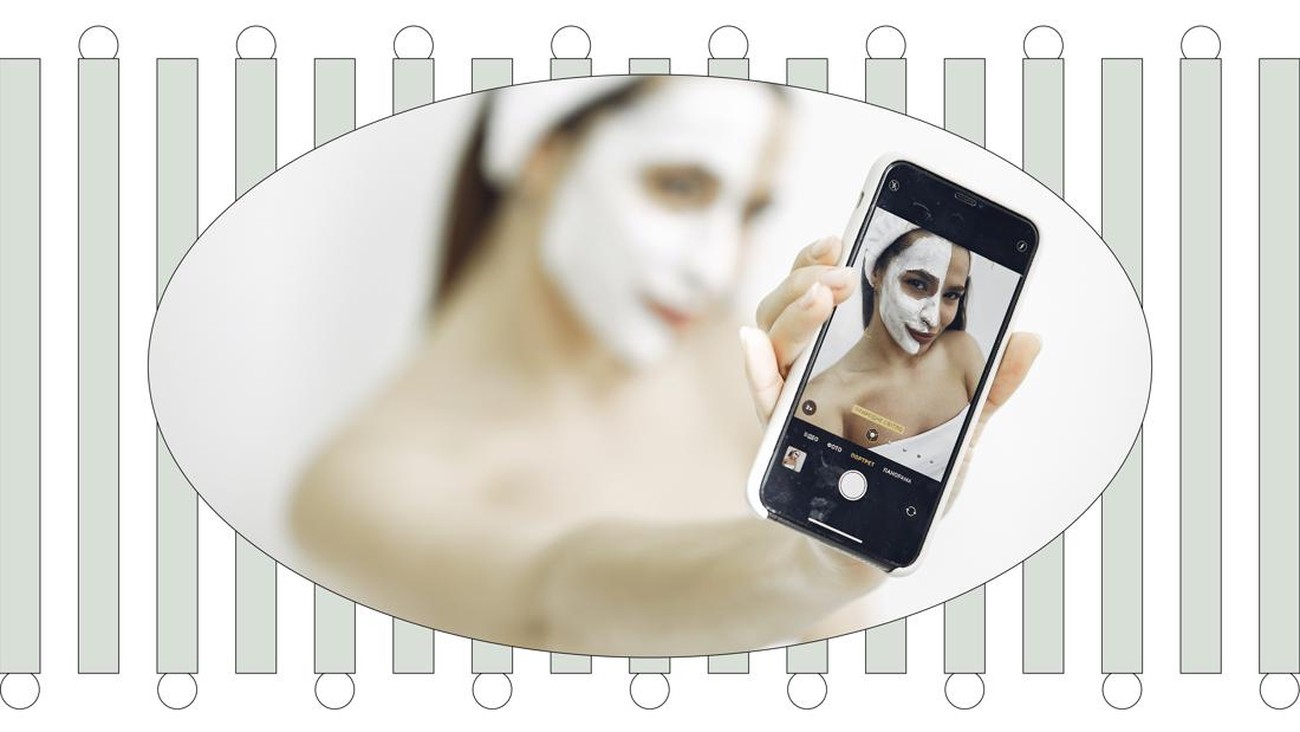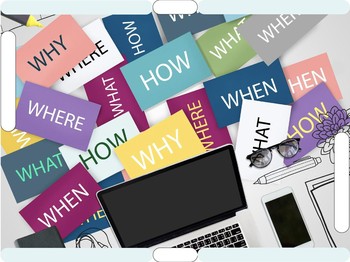Spending a lot of time exploring social media has brought us to the comfort of what it offers. Being connected to people regardless of the distance, gaining new knowledge, and all sorts of entertainment. As social media is a place for everyone to express themselves, some platforms provide features to give users a better experience. Most-favorite feature that people enjoy in this new era of technology is beauty filters.
These appearance-altering filters on social media are photo editing tools that uses AI (artificial intelligence) and computer vision to change facial features. For instance, the skinny filter alters the users' appearance to make their face and body look way slimmer as the output. Another treasured feature is the perfect face filter which adjusts facial appearance to the supposedly ideal ratio.
Beauty filters have successfully ride the wave on social media platforms. According to Newport Institute, 90% of young adult women in a City University of London said they used filters because they felt pressured to look a certain way on social media. Most beauty filters on social media notoriously highlight Euro-centric beauty features, like smaller and high nose bridge, V-shaped facial features, lighter eyes, and enhanced lips size. These filters seem to turn the users into a completely different version of themselves, which happens to be unfortunate for the impact.
 Ilustrasi foto pakai beauty filter/ Foto: Freepik Ilustrasi foto pakai beauty filter/ Foto: Freepik |
Despite of how these features can help users to gain higher confidence to express themselves on their social media pages, being attached to these beauty filters however can affect their mental health at certain points. Spending too much time on social media using these filters can harm users by altering their expectations about their appearance. As a result, users are dissatisfied with their real appearance compared to their altered selves with the beauty filters.
According to the Wall Street Journal, the impact of beauty filters has managed to harm young women who find comfort in seeing themselves with these altering filters. There are thirty-two percent of teen girls said that when they felt bad about their bodies, Instagram made them feel worse and among teens who reported suicidal thoughts, 13% of British users and 6% of American users traced the issue to Instagram.
Dr. Leela R. Magavi, a Hopkins-trained psychiatrist and regional medical director for Community Psychiatry and MindPath Care Centers admitted have heard many cases regarding the negative impact of self-attachment to beauty filters. Some of them said that they are ashamed of posting photographs of themselves without the use of filters and the worst case is when some teenagers, men, and women have discussed the idea of getting plastic surgery to look more like the filtered version of themselves
 Ilustrasi selfie/ Foto: Freepik Ilustrasi selfie/ Foto: Freepik |
In addition to these concerns, the impact of social media's beauty filters also links to the higher case of body dysmorphia in the young generation. Body dysmorphia itself according to Cleveland Clinic is a mental health condition that makes the person become very anxious about a physical defect that other people don't even see. These feelings can consume the person's thoughts, which affects their social activities.
Hence, people with body dysmorphia often experience a sense of disconnection between their real appearance and filtered or edited images of themselves that they share on social media. This is somehow a sign of self-objectification when people are starting to doubt their real appearance and considering to alter their appearance through cosmetic surgery to look like their altered version by beauty filters. Another issue with beauty filters is that somehow they are inherently racist, by changing the skin color to look fairer, narrowing noses, and changing the eye shape only to shift the users' facial features toward the Eurocentric beauty standard.
So how do we overcome or combat these negative impacts of beauty filters?
Being aware is the first step that you can take to withdraw yourself from the negative thoughts about yourself from using beauty filters that you're used to. You can try to remain proactive by taking the signal when you really need to take a break and ground yourself off social media. Additionally, it's recommended for you to curate your social media feeds to be full of positivity and self-compassion.
As we all know that the algorithm of social media is designed to provide us with constant feed based on our interests and engagement, you can try to consume more positive content to make the algorithm work itself. If you begin to preoccupy with those who campaign for body positivity and surround yourself with those who believe in the same idea, you might as well believe and have the same view about yourself.
(DIP/tim)


